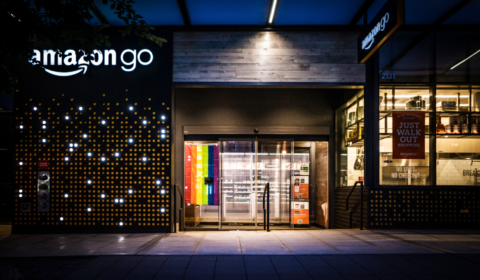Streaming giants such as Netflix, Disney +, and Paramount could be facing problems in the future, as a new study finds Gen Zers prefer social video and live streaming over traditional television shows.
Remember the days when your family would settle down for the evening, turn on the TV, and jump into the latest episode of Doctor Who? If you’re a younger Gen Zer, you probably don’t.
New research conducted by Deloitte has found that young people prefer to watch social video and livestreams twice as much as traditional TV shows and four times as much as movies.
As part of Deloitte’s 18th annual Digital Media Trends Survey, 3,517 participants were interviewed online in October 2023. The findings were published March 20th, 2024.
Deloitte’s research found that only 33% of Millennials prefer social video and livestreams, while 27% prefer TV. 18% prefer movies. So, while older folks are still opting for video on their phones and tablets over television, Millennials are doing it less so, with a stronger taste for traditional media compared to Gen Zers.
Still, all these numbers will be troubling to the streaming giants, who have spent billions trying to replicate TV within their own platforms. Are Netflix, Paramount, Warner Bros, and many more misdirecting their efforts by trying to impersonate traditional TV formats?
The research suggests they may need to pivot toward more social-focused and creator-led experiences.
In fact, studies suggest that social media video platforms such as YouTube are likely to have a brighter future than traditional streaming, thanks to an emphasis on individualist content and greater accessibility.




















